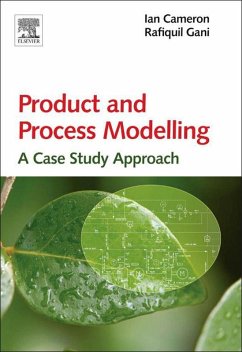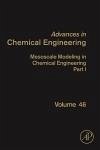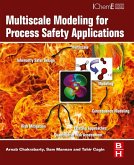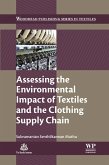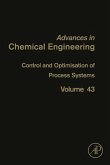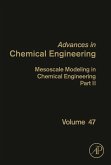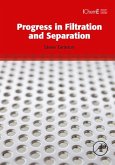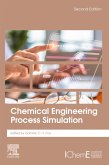This book covers the area of product and process modelling via a case study approach. It addresses a wide range of modelling applications with emphasis on modelling methodology and the subsequent in-depth analysis of mathematical models to gain insight via structural aspects of the models. These approaches are put into the context of life cycle modelling, where multiscale and multiform modelling is increasingly prevalent in the 21st century. The book commences with a discussion of modern product and process modelling theory and practice followed by a series of case studies drawn from a variety of process industries.
The book builds on the extensive modelling experience of the authors, who have developed models for both research and industrial purposes. It complements existing books by the authors in the modelling area. Those areas include the traditional petroleum and petrochemical industries to biotechnology applications, food, polymer and human health application areas. The book highlights to important nature of modern product and process modelling in the decision making processes across the life cycle. As such it provides an important resource for students, researchers and industrial practitioners.
Ian Cameron is Professor in Chemical Engineering at the University of Queensland with teaching, research, and consulting activities in process systems engineering. He has a particular interest in process modelling, dynamic simulation, and the application of functional systems perspectives to risk management, having extensive industrial experience in these areas. He continues to work closely with industry and government on systems approaches to process and risk management issues. He received his BE from the University of New South Wales (Australia) and his PhD from imperial College London. He is a Fellow of IChemE.
Rafiqul Gani is a Professor of Systems Design at the Department of Chemical and Biochemical Engineering, Technical University of Denmark, and the director of the Computer Aided Product-Process Engineering Center (CAPEC). His research interests include the development of computer-aided methods and tools for modelling, property estimation and process-product synthesis and design. He received his BSc from Bangladesh University of Engineering and Technology in 1975, and his MSc in 1976 and PhD in 1980 from Imperial College London. He is the editor-in-chief of Computers and Chemical Engineering journal and Fellow of IChemE as well as AIChE.
The book builds on the extensive modelling experience of the authors, who have developed models for both research and industrial purposes. It complements existing books by the authors in the modelling area. Those areas include the traditional petroleum and petrochemical industries to biotechnology applications, food, polymer and human health application areas. The book highlights to important nature of modern product and process modelling in the decision making processes across the life cycle. As such it provides an important resource for students, researchers and industrial practitioners.
Ian Cameron is Professor in Chemical Engineering at the University of Queensland with teaching, research, and consulting activities in process systems engineering. He has a particular interest in process modelling, dynamic simulation, and the application of functional systems perspectives to risk management, having extensive industrial experience in these areas. He continues to work closely with industry and government on systems approaches to process and risk management issues. He received his BE from the University of New South Wales (Australia) and his PhD from imperial College London. He is a Fellow of IChemE.
Rafiqul Gani is a Professor of Systems Design at the Department of Chemical and Biochemical Engineering, Technical University of Denmark, and the director of the Computer Aided Product-Process Engineering Center (CAPEC). His research interests include the development of computer-aided methods and tools for modelling, property estimation and process-product synthesis and design. He received his BSc from Bangladesh University of Engineering and Technology in 1975, and his MSc in 1976 and PhD in 1980 from Imperial College London. He is the editor-in-chief of Computers and Chemical Engineering journal and Fellow of IChemE as well as AIChE.
- Product and process modelling; a wide range of case studies are covered
- Structural analysis of model systems; insights into structure and solvability
- Analysis of future developments; potential directions and significant research and development problems to be addressed
Dieser Download kann aus rechtlichen Gründen nur mit Rechnungsadresse in A, B, BG, CY, CZ, D, DK, EW, E, FIN, F, GR, HR, H, IRL, I, LT, L, LR, M, NL, PL, P, R, S, SLO, SK ausgeliefert werden.

